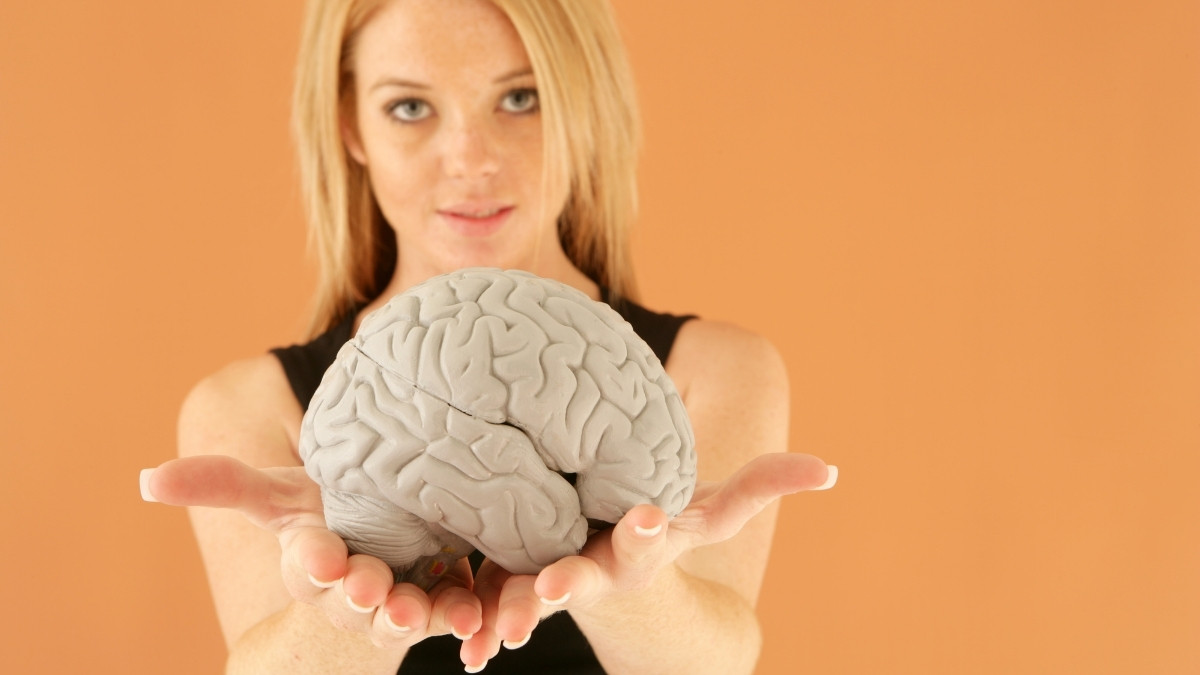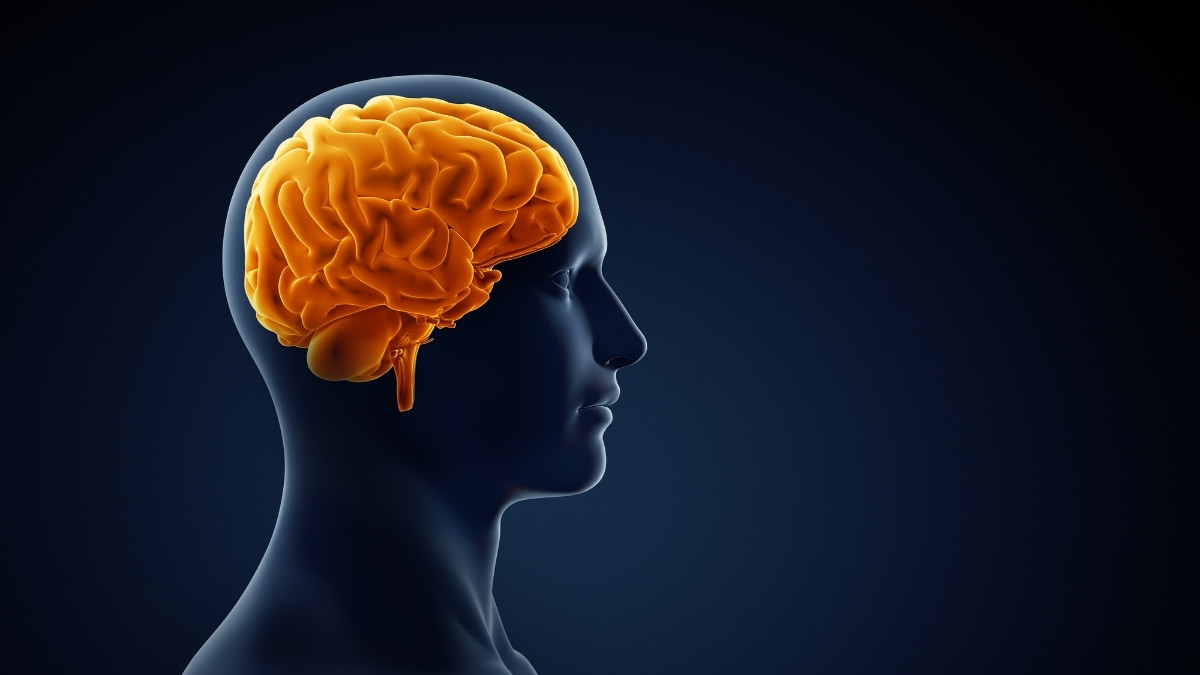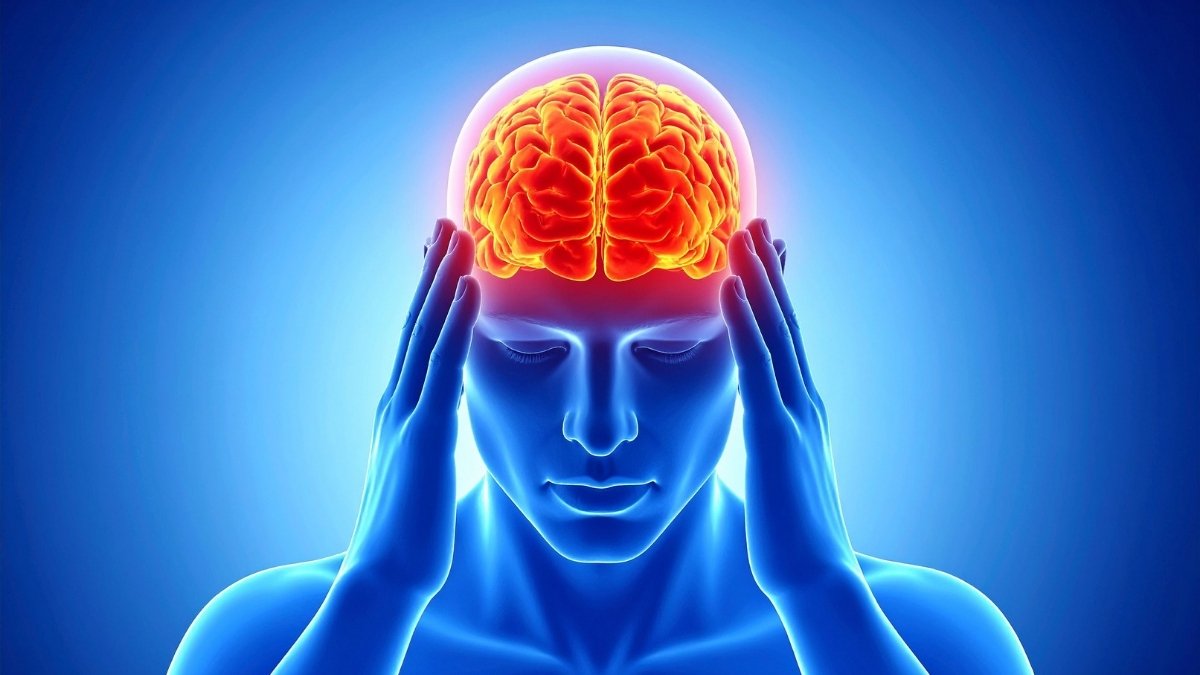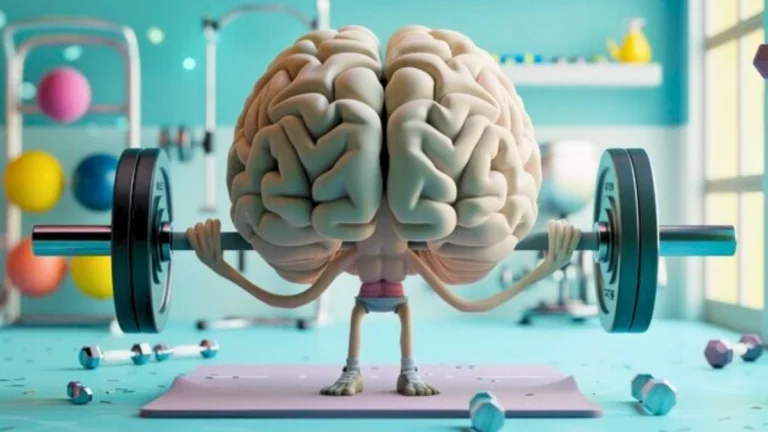The Senior’s Guide to a Resilient Brain: Evidence-Based Strategies for Protecting Memory and Cognitive Function

You walk into the kitchen and forget why you’re there—again. It’s a moment that makes many people pause and wonder: Is this just aging, or something more? You’re not alone. Brain health for seniors is one of the biggest concerns today, yet reliable information is hard to find.
Between miracle pills, pricey programs, and flashy apps, it’s tough to know what actually works for cognitive decline prevention. The truth? You don’t need expensive fixes—you need habits backed by science.
This guide simplifies the research so you can focus on what matters: practical ways to strengthen memory, boost focus, and protect your brain for years to come. Real tools. Real results. Starting today.
🥗Fuel Your Brain: The MIND Diet Effect
Reduction in Alzheimer’s risk by following the MIND diet.
Eat More Brain-Boosting Foods:
- Fatty Fish (Salmon)
- Berries & Leafy Greens
- Nuts & Olive Oil
Limit Brain-Inflaming Foods:
- Processed Snacks
- Sugary Drinks
- Trans Fats
🚶♀️Move Your Mind: Exercise for Cognitive Health
Minutes of moderate movement recommended per week.
Minutes of daily walking is a great start. Consistency is key!
Lower risk of dementia linked to regular physical activity.
🧠Pillars of a Resilient Brain
Social isolation can increase dementia risk. Stay connected!
Hours of quality sleep needed nightly to clear brain toxins.
Chronic stress can shrink the memory center. Relax for 5 mins daily.
Understanding Your Aging Brain: What’s Normal and What’s Not

You walk into a room and forget why you’re there. You pause mid-sentence searching for the right word. It’s frustrating—but in most cases, it’s completely normal. Mild forgetfulness and slower thinking are part of healthy aging, not signs of disease.
Here’s the science: Processing speed drops about 1% per year after age 60, but your knowledge and reasoning stay strong. The MacArthur Studies on Successful Aging found that only 30% of cognitive decline is genetic—meaning lifestyle choices make a huge difference.
Still, some signs call for attention: getting lost in familiar places, struggling with simple tasks, or major personality changes. These may point to mild cognitive impairment or early dementia.

The good news? Your brain stays adaptable. Building “cognitive reserve” through learning, socializing, and movement can delay dementia symptoms by up to 5 years. You have more control over your brain health for seniors than you might think—starting today.
The Brain-Gut Connection: How Your Diet Shapes Cognitive Function
What you eat affects how clearly you think. Research from Rush University found that the MIND diet—a mix of Mediterranean and DASH eating—cuts Alzheimer’s risk by 53%. That’s proof your grocery list can be brain fuel or brain fog.

Eat more: fatty fish (salmon, sardines), berries, leafy greens, olive oil, and nuts. These foods protect neurons and improve memory. Studies show that older adults who ate fish twice a week had 41% lower Alzheimer’s risk, while blueberries and strawberries delayed memory decline by up to 2.5 years.
Skip or limit: processed foods, trans fats, and sugary snacks—they inflame the brain and slow focus. Even mild dehydration hurts memory, so keep a water bottle nearby.

If cooking feels hard, plan simple meals: oatmeal with berries, tuna salad with olive oil, veggie stir-fry with brown rice. Start small—swap butter for olive oil today. Your brain will thank you.
Move Your Body, Sharpen Your Mind: Exercise Strategies That Work
Moving your body keeps your brain young. Aerobic exercise boosts brain-derived neurotrophic factor (BDNF)—a key chemical that helps brain cells grow and connect. Studies show that just 30 minutes of walking daily can lower dementia risk by 40%.

Aim for 150 minutes of movement per week. Walking, swimming, dancing, or tai chi all count. Add light strength training twice weekly—it improves balance, protects memory, and keeps your metabolism active.

If you’ve been inactive, start small: walk five minutes after breakfast, stretch in the evening, or try seated leg lifts. Even gentle movement increases blood flow and focus.
Remember, it’s never too late to start. Your brain doesn’t care about your age—it responds to every step you take.
Social Connections: Why Loneliness Is a Brain Health Crisis
Loneliness is more than sad—it’s dangerous. Social isolation increases dementia risk by 50%, yet many older adults experience it daily. Talking, laughing, and sharing ideas stimulate more brain regions than crossword puzzles and keep your memory sharper.

Quality matters more than quantity. Join a class, volunteer, or connect online with friends or family. Even short, meaningful chats help maintain cognitive strength. Harvard research shows socially active seniors have slower memory decline.
If mobility or hearing issues make connection hard, try video calls, senior centers, or community transport.
Start small—one genuine conversation this week can strengthen your brain and your heart.
Sleep: Your Brain’s Nightly Cleaning Crew
Think of sleep as your brain’s cleanup shift. During deep sleep, the glymphatic system clears out toxins—including beta-amyloid, a protein linked to Alzheimer’s. Missing even one night of quality sleep can raise these toxins by 5%.

Older adults need 7–8 hours of restful sleep each night for optimal brain health. But medications, pain, or sleep apnea—affecting nearly half of seniors—can disrupt this vital process and double dementia risk if untreated.

To improve rest, keep a cool, dark room, avoid long naps, and skip caffeine after noon.
If fatigue or poor sleep lingers, talk to your doctor—better sleep today protects your memory tomorrow.
Managing Stress and Protecting Your Brain
Stress doesn’t just affect your mood—it changes your brain. Chronic stress can shrink the hippocampus by up to 20%, the part that controls memory and learning. High cortisol levels also block new memories from forming.

The good news? You can reverse some of these effects. Try deep breathing, meditation, or progressive muscle relaxation for just five minutes daily. Studies show that 8 weeks of meditation increases gray matter in memory centers.

If sadness or anxiety lasts for weeks, talk to your doctor. Depression, when untreated, doubles dementia risk.
Small daily calm moments can protect your brain and boost long-term memory health.
Final Thoughts:
Your brain thrives when you care for every part of your life—food, movement, sleep, stress, and connection. Each habit you build supports another. Science shows that these small, steady actions can cut dementia risk by up to 60%. That’s powerful proof that your daily choices matter.

It’s never too late to start. Maintaining brain health for seniors isn’t about perfection—it’s about progress. Add one walk, one call, or one healthy meal at a time. Over weeks and months, these actions compound into real, lasting change.
Choose one strategy from this guide to try this week. Write it down, tell someone, and take action today.
Your future self—sharper, stronger, and more vibrant—will thank you for creating sustainable senior brain fitness strategies that truly last.






